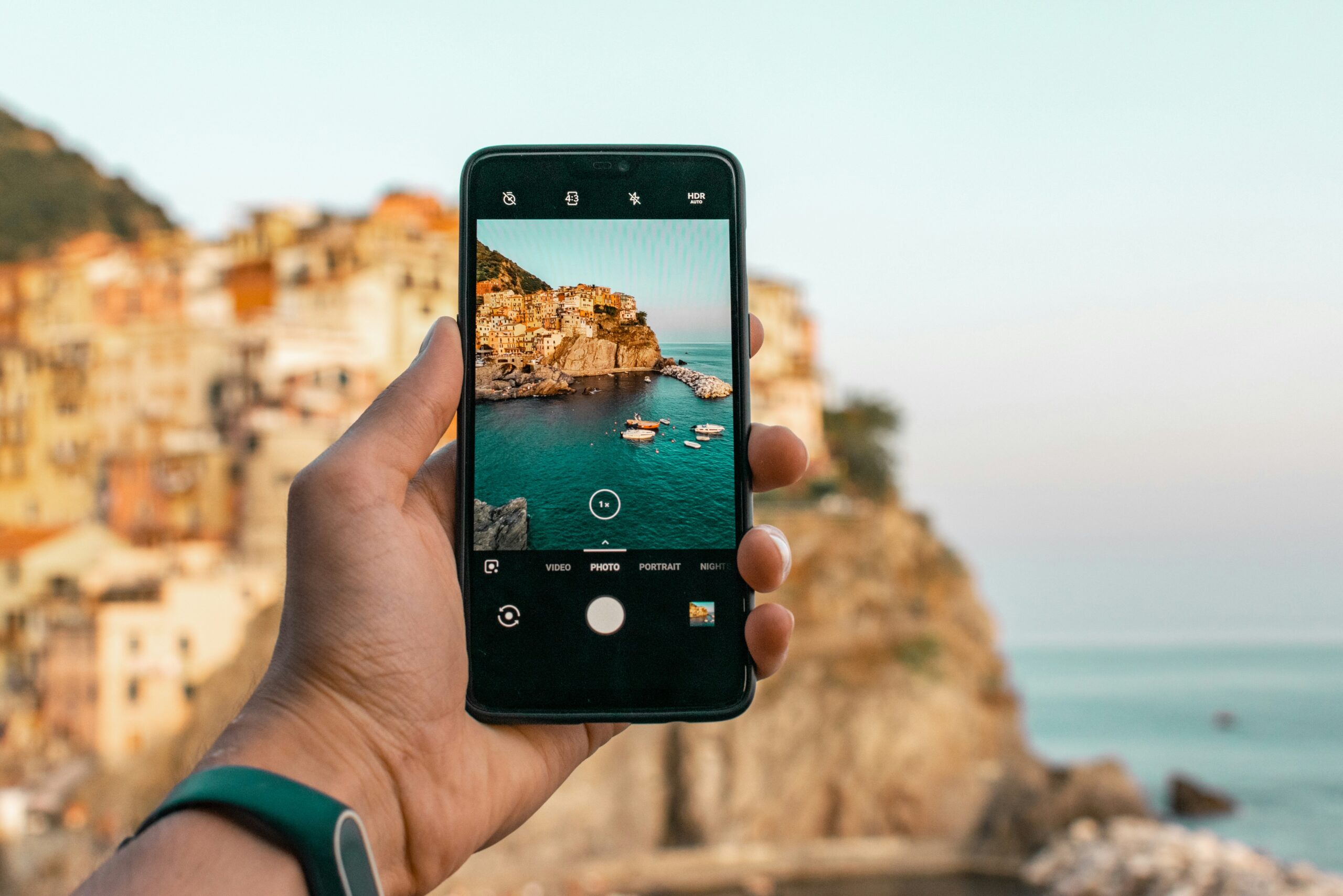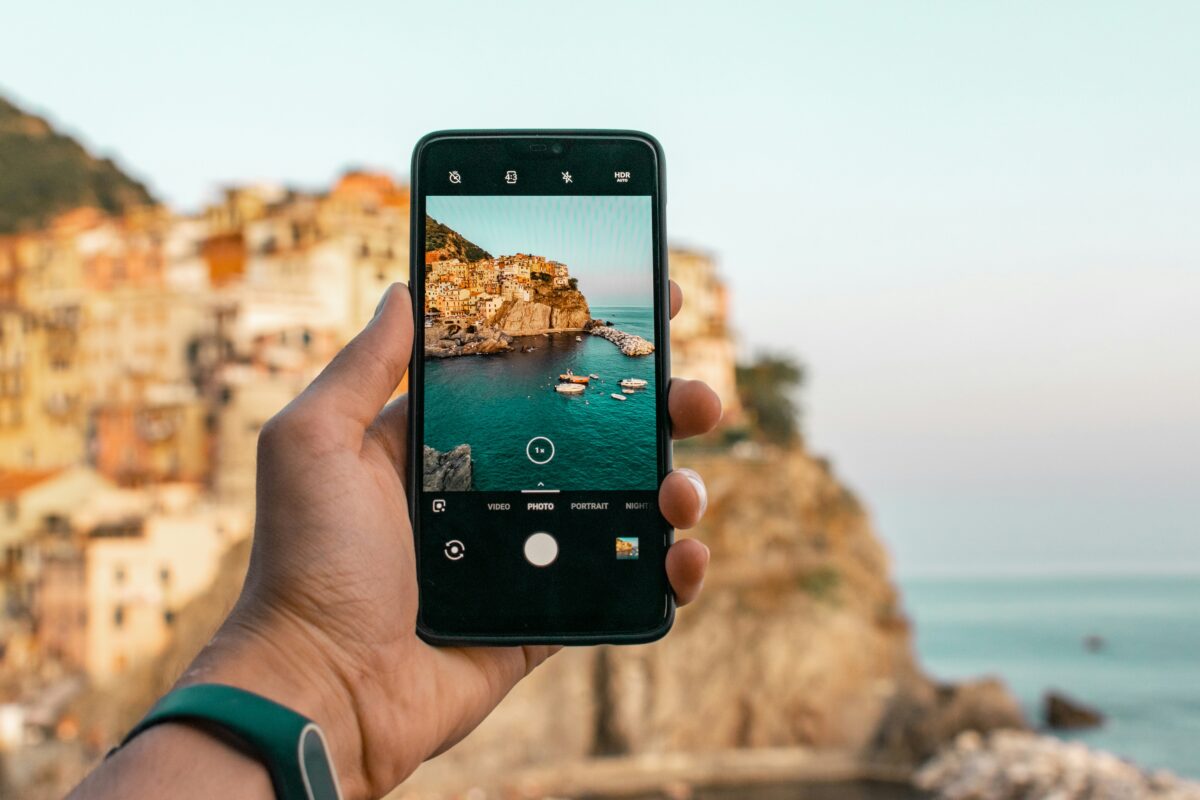
This seemed to be the case when Riordan launched a new series in 2010, “The Heroes of Olympus,” whose first book “The Heroes of Olympus, Book One: The Lost Hero,” featured the familiar setting of Camp Half-Blood, but no sign of Percy.
Instead, we got a new cast along with the titular hero, Jason, who turns out to be—gasp—not a Greek demigod at all, but instead a rather disoriented Roman one. Riordan tackles the tricky differences between the Greek and Roman pantheons, even as he chronicles a new war, with the Earth mother Gaea not being particularly motherly in her plan to take down the gods. “The Lost Hero” was exciting because of the new ideas, though Jason remained a somewhat cryptic character.
So it was much to the surprise and the enjoyment of Riordan fans that “The Heroes of Olympus Book Two: The Son of Neptune” (Disney.Hyperion Books, New York, 2011, 521 pages), opens with Percy Jackson back in action. Well, sort of.
Percy had apparently completely lost his memory for the last eight months, and remembers very little of his previous Greek life when he stumbles into Camp Jupiter, the Roman equivalent of Camp Half-Blood, complete with legions and cohorts, in the California Bay Area (Camp Half-Blood is a coast away, in Long Island).
Percy meets his new companions, the enigmatic Hazel Levesque, daughter of Pluto, and the secretive Frank Zhang, whose parentage is yet to be finalized. In order to battle Gaea’s orchestrations, the three set off to a quest to defeat the oldest of the giants Alcyoneus in a land far beyond the power of the gods.
Along the way, Percy starts to get pieces of his memory back, even as some of the burning questions from “The Lost Hero” are answered. Also, check out the unexpected new teammate the trio gathers along the way.
Sympathetic
Riordan writes Percy as if he has never been gone, as the Son of Poseidon (now the titular Son of Neptune after the Roman translation) is far more vulnerable and sympathetic than ever before.
While the quest they set off on seems to have the same structure as those from the previous series, Riordan has loaded “The Son of Neptune” with many truly refreshing and original ideas, particularly with modern pop culture references they bump into. (Quick: In this fictional universe, Amazons actually run Amazon).
Percy’s new friends have some really compelling back stories, and the overall feel is something really different from the feel of the Olympians series. With a familiar hero but a totally different setting, the overall result is the best Riordan book to date, a novel interpretation of two different sets of divine beings and some fantastic character work.
With Riordan apparently putting together the best from his previous series and his new one with the upcoming “The Heroes of Olympus, Book Three: The Mark of Athena” out in the spring, readers will look forward to a grand, new adventure like never before.
Aside from a good way to understand both the Greek and Roman mythologies, now is a great time to be a fan of Percy Jackson and discover a much bigger mythical world than ever before. Hail, Percy Jackson, and welcome back.
Available in paperback from National Book Store.











































